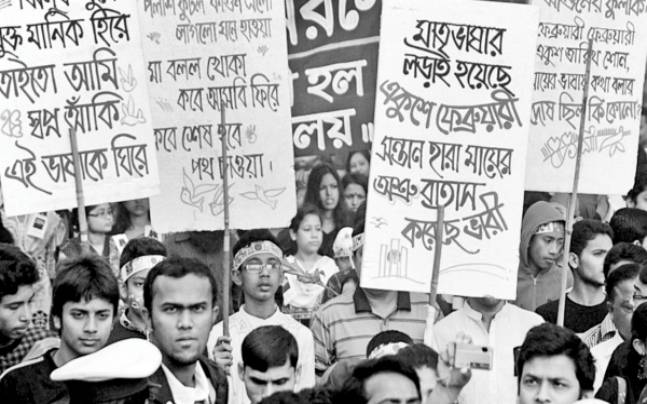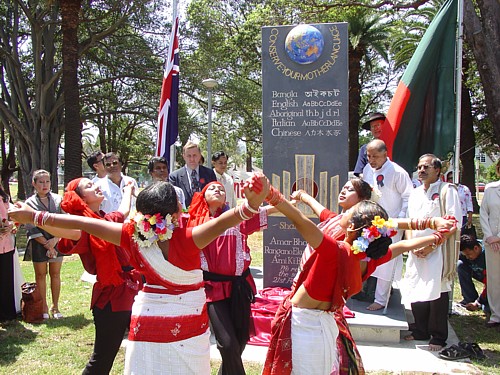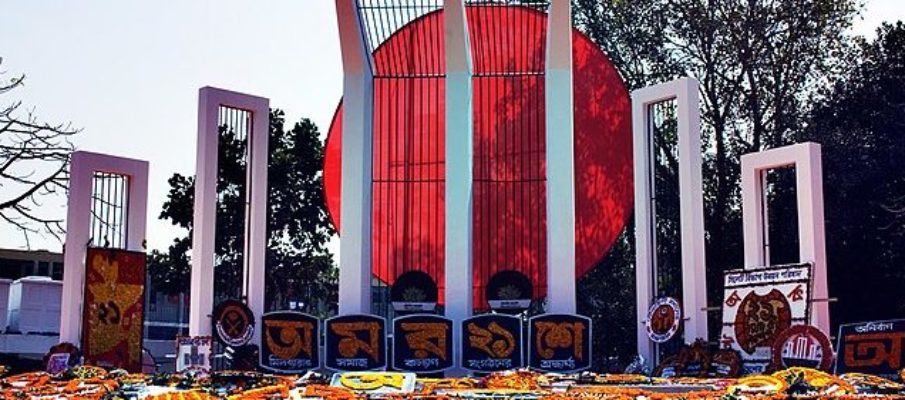The annual celebration of International Mother Language Day is on 21st February. However, do you know there was around a half-century-long movement to be acknowledged? Moreover, those who were behind this movement were actually Bengali?
Yes! Even though Bengalis are famous for being lazy and having bhat-ghum, they were the first to raise their voice for the acceptance of their language, Bengali. After several ups and downs, in 1999, UNESCO declared February 21st as the International Mother Language Day.
As the day is around the corner, let us give a tribute to the heroes who lost their lives during this movement:
Backdrop Of Language Movement
To demonstrate the backstory of the Language Movement, we have to go back to the year 1947. After separating from India, the country Pakistan came into existence. The state had two held two regions, one was East Pakistan, now Bangladesh, and the other was West Pakistan, now Pakistan.
However, the people of these two domains had diversity in their culture and language. What’s more, was that the two territories were not even adjacent to each other. India was the border between them.
The demand first came from the Bangladeshis for the right of their mother tongue. The reason was the Pakistan Government declared Urdu as the only National Language.
However, the majority of natives spoke Bengali of both regions. The residents of East Pakistan opposed this dictatorship. They urged to include Bangla in the list of national languages alongside Urdu.
In the constituent Assembly of Pakistan, Dhirendranath Datta was the first person to point out the fact. Thus began the Language Movement.
Language Movement
The government of Pakistan enforced strict laws against the movement and banned public meetings and rallies. On 21 February 1952, students of Dhaka University arranged a long rally. However, there was an open fire by the police. Many people died as a result, with hundreds of others injured.

UNESCO (United Nations Educational, Scientific and Cultural Organization), in 1999, marked this day as The National Mother Language Day to tribute to the martyr of the incident who sacrificed their lives for their mother tongue.
The Acknowledgment of International Mother Language Day
Languages are the heritage of a region, evolved over the centuries. So, it is crucial to preserve the mother languages from extinction.
At the beginning of 1998, two Bengali immigrants, Rafiqul Islam and Abdus Salam made a resolution. They wrote a letter to Kofi Annan, secretary-general of the United Nations, to publicize International Mother Language Day. They suggested the date 21st February to commemorate the brutal massacre in Dhaka.
The proposal made its appearance in the Bangladesh Parliament and got approval. The Prime Minister of Bangladesh during that time, Sheikh Hasina, submitted a formal proposal to UNESCO by the Government of Bangladesh.
Syed Muazzem Ali, Bangladesh ambassador to France and a representative of UNESCO, took administration of the proposal. On 17th November 1999, the 30th General Assembly of UNESCO decided to make 21st February the International Mother Language Day.
The Celebration of International Mother Language Day
There are nearly 6500 languages in our world. Every tongue has its diversity and beauty. The goal of UNESCO is to support multilingualism and the use of mother tongues. Every year they include new suggestions to encourage people to use the language from their area. The theme of this year is “Fostering multilingualism for inclusion in education and society”

Nearly 200 countries celebrate International Mother Language Day. In Bangladesh, 21st Feb is a national holiday. The day is to show respect to the people who lost their lives.
Having the privilege of speaking and learning the mother language is a blessing. It is also crucial as it helps in education as well as knowing more about heritage and cultural manifestations. So, even if a child learns other languages, their mother tongue always remains in their heart.

